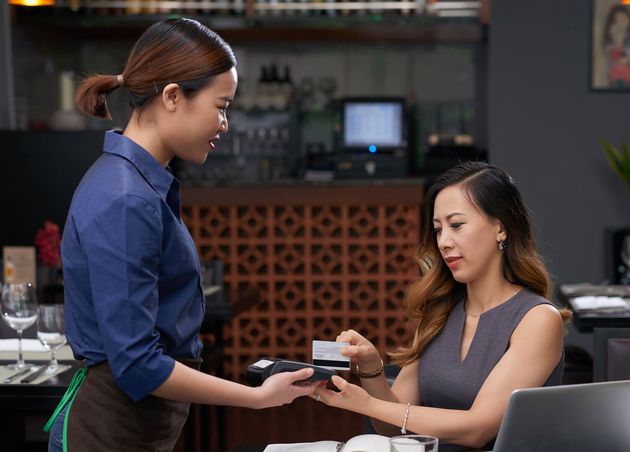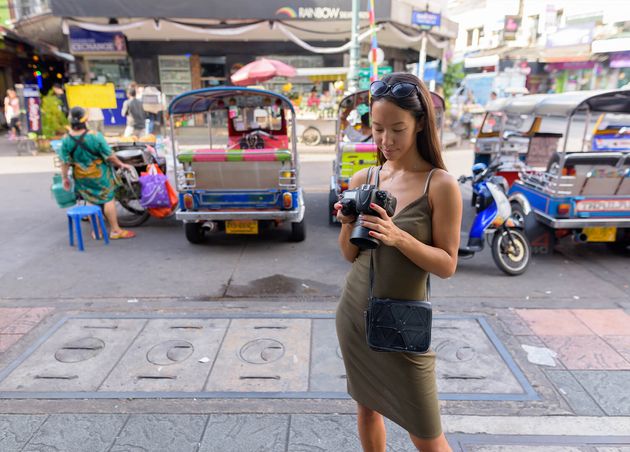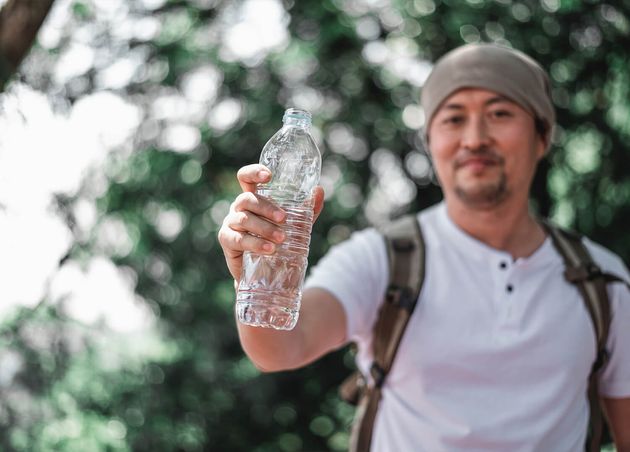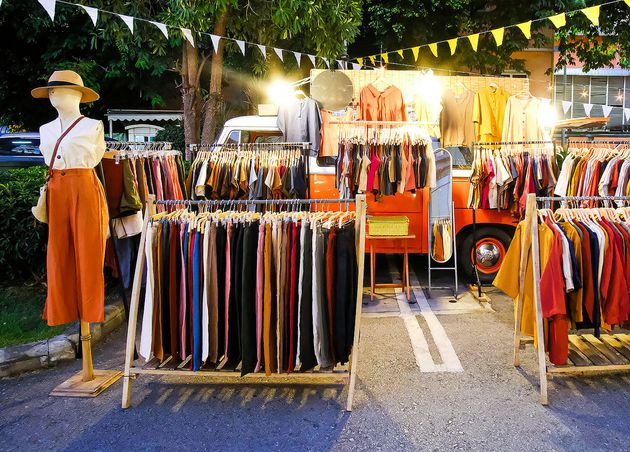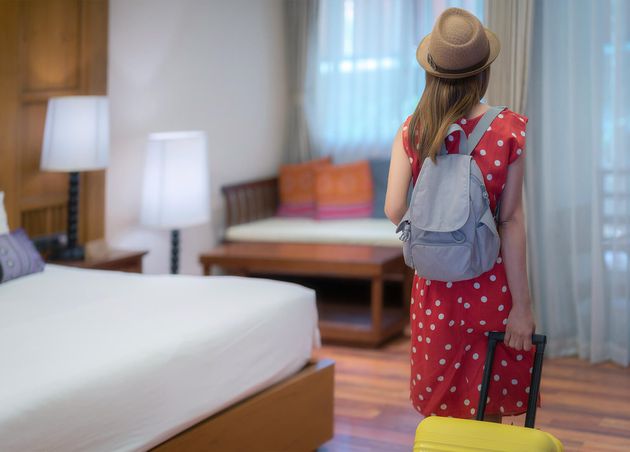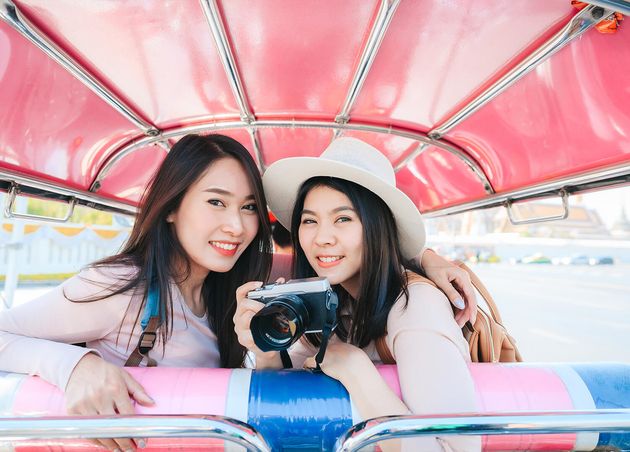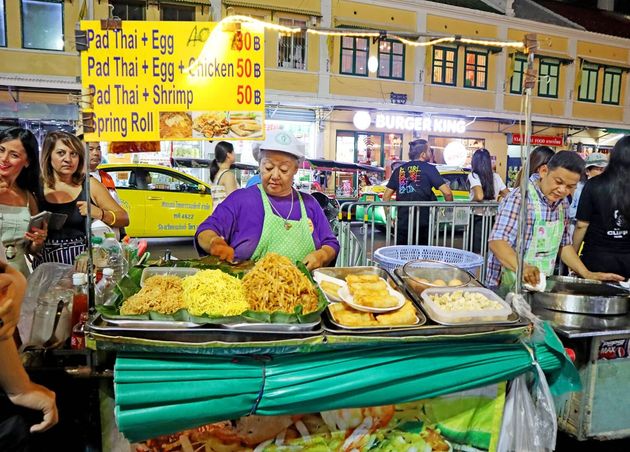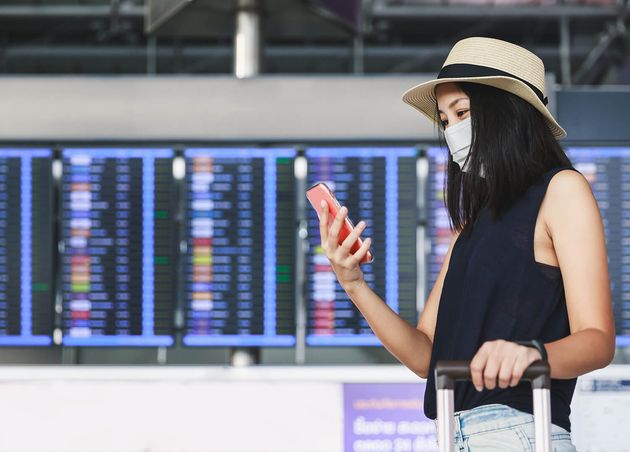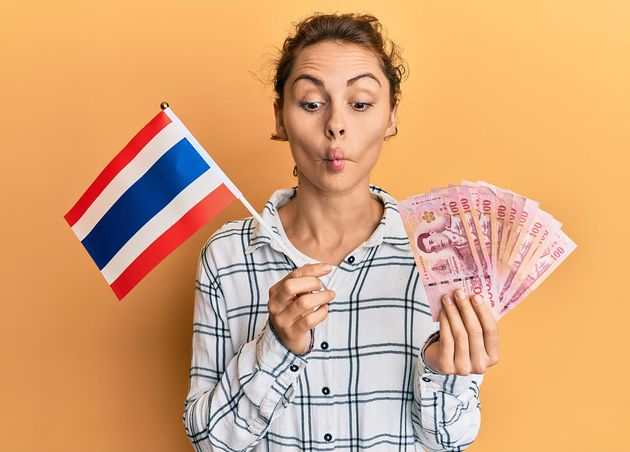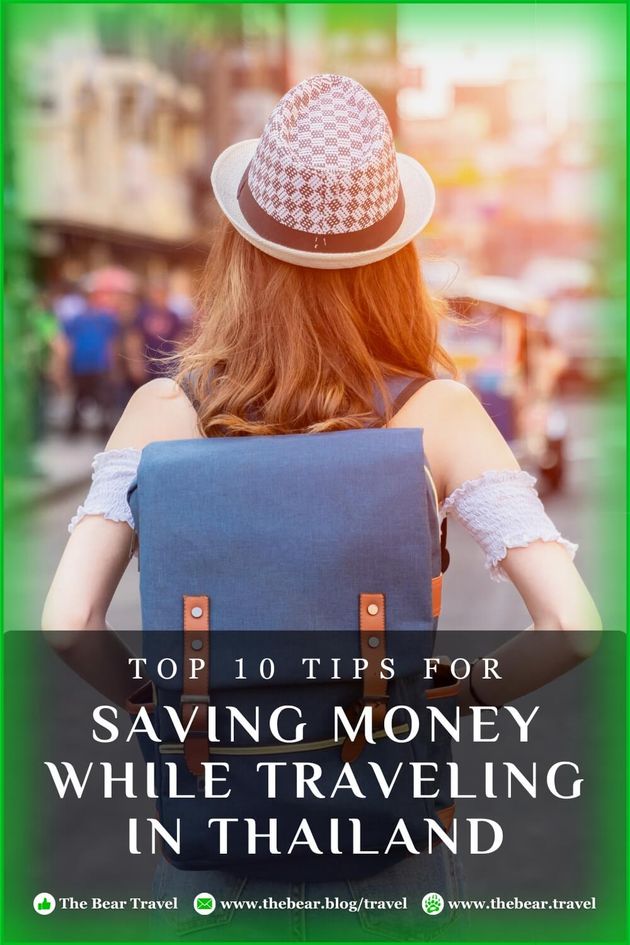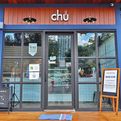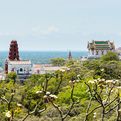Top 10 Tips for Saving Money While Traveling in Thailand
Thailand is a pleasant and appealing region in Southeast Asia with a significant pricing advantage compared to other popular holiday destinations worldwide. It has a plethora of appealing tourist spots. You may use natural resources such as tropical islands, white beaches, and warm sunshine, as well as visit gorgeous temples.
The country is a paradise full of unforgettable experiences for visitors to enjoy. Every year, a large number of visitors visit Thailand with the sole purpose of having a comprehensive experience at a reasonable cost.
Tourists also attempt to buy food here to stay within their budget. However, prices for products and services in Thailand are now rising.
So, how can you save money while visiting Thailand? You have the same issue, don't you? Come and work with us to address all of your concerns. I will share with you the top 10 practical money-saving tips for traveling in Thailand.
Top 10 Money-Saving Tips for Traveling in Thailand
Exploring Thailand doesn’t have to break the bank! From eating like a local to booking mid-range hotels and using public transportation, there are plenty of ways to stretch your budget. Discover how refilling water bottles, hunting for cheap flights, and timing your trip outside the peak season can make your experience both fun and affordable. Whether you’re tipping modestly, shopping at local markets, or withdrawing cash wisely to avoid ATM fees, these practical tips will ensure you enjoy the Land of Smiles without overspending.
#10 Leave a Small Tip
Tipping is not customary in Thailand. Thais hardly ever leave gratuities in restaurants, cafés, or pubs. You don't have to tip if you live like a local. If you wish to thank the locals for their kindness, you can give a maximum tip of 20 THB. That is exceptionally sufficient.
It is customary to pay hotel personnel in Thailand since they are paid relatively little. Hence, a tiny tip goes a long way. When taking a cab in Thailand, most drivers will not demand that you tip, but it is customary to round up the fee to the closest bill and leave the difference as a tip.
When paying for services in cash, keep your receipt. This is required for two reasons: if you tip with a credit card, the person providing the service may not always get it, and if there is a disagreement, you must have your receipt to show it and overcome any hassles.
#9 Join Inexpensive Activities
Always ask employees at your lodging or other travelers for recommendations on free local activities to explore. Most entrance fees for tourist attractions in Thailand have been rising and creeping up for years, but there are still places to visit for free.
Examining whether you need to go on a tour would be best. Sometimes, you're only paying a premium for a pick-up and transportation to an attraction that is easily accessible through public transportation or other methods.
Aside from the entry prices to certain significant attractions, there are many free and low-cost things to discover. Thailand's shrines, recreational areas, and marketplaces are free to visit. You may also locate several inexpensive Thailand tours that provide a variety of activities, such as temple visits, beach leisure, mild adventure, and more.
#8 Use Water Refill Stations
Don't drink fruit smoothies all day if you want to begin saving money. Instead of buying a fresh bottle of water, buy a bottle of water and refill it later. Water vending machines may be found almost anywhere in Thailand to refill your empty bottle. If you are in Bangkok, you can find free water refilling stations around Gate 6, Benjakiti Park, Pickleball Court, Benjakiti Park, Bangkok Art and Culture Center (BACC), and Plaza in front of Trimurti Shrine, Central World.
There are also paid water refilling stations. The dispensers resemble beverage vending machines and are coin-driven. A 1.5-liter bottle of water costs approximately 15 THB in stores, so using the machines saves you a lot of money while drastically reducing plastic use.
#7 Shop at Local Malls and Markets
Thailand has several weekend and night markets where you can enjoy the native ambiance while saving money on shopping. If you don't like busy areas and negotiating, travel to any of the city's cheapest shopping complexes. Setting a daily budget for each area of expenditure is one smart way for shoppers to save money on shopping.
Costs are low, and most businesses sell single pieces at retail costs. Platinum Fashion Mall and Pantip Plaza are other excellent choices. 7-Eleven is also the best option for snacks, soft drinks, and other household items. It is constantly open for business, offering a wide range of products at moderate prices.
Furthermore, local products, particularly alcoholic beverages, are typically less expensive than foreign brands. So, for a low-budget trip to Thailand, living like a native is a great decision.
#6 Book Rooms at Mid-range Hotels
Saving money on hotels and lodging is the simplest way to save money, especially when traveling alone. Thailand's hotel costs have changed over the years. Booking lodging ahead of time allows you to save money. Platforms like Agoda and Booking can help you locate the most incredible discounts. As a result, you can easily compare and locate the best hotel costs.
Depending on your preferences, you may stay in a 3-star or 4-star hotel, a hostel, a dorm, a local homestay, etc. Hotels near the coastline or in the city center might be costly. So, you always aim to pick one slightly outside the center or tourist areas. This will save you plenty of money. Even traveling as a couple, you may reserve a private room with a communal toilet.
#5 Save on Transportation Costs
There are always quick and easy methods to move about in Thailand. Tuk-tuk drivers may be found at every corner, and hostels frequently provide door-to-door transportation to popular sites. It is recommended that you take public transportation in Thailand to save money. Enjoy a motor trip to discover the outside of Thailand in tiny villages and cities. It's much more fun than getting a taxi and may save you money.
Taxis are more manageable if you are traveling with children or older adults. Remember to take a cab with a meter. If a taxi driver refuses to utilize the meter, exit the vehicle and locate another one. You may also rent a motorcycle for a day, fill it up, and go wherever you want. A day's hire will cost you 300 THB plus fuel.
Taking the bus or a Songtaew is the best option in certain circumstances. These shared taxis may be found across Thailand and come in various forms and sizes. They operate on predetermined routes; you may choose when to get on and off.
#4 Avoid Peak Season to Visit Thailand
Thailand's high season is from November through February, as are the European summer months. It will be jam-packed, and hotels, air tickets, and excursions will be significantly more costly than during the off-season. The peak tourist season attracts many people and raises the cost of visiting Thailand. If you have the possibility, traveling during the off-season is an easy way to save money.
The rainy season ends in early November, and you may see less rain. The country is not overcrowded, and flights and lodgings are less expensive. As a result, the rainy season, which lasts from June to October, is the most affordable time to visit Thailand. During the rainy season, you may enjoy your journey.
#3 Try More Thai Local Food
Eating like a local in Thailand might help you save a lot of money. Instead of going to Western commercial restaurants, consider going to local eateries. Street food is a terrific opportunity to sample the country's famous cuisine without breaking the bank. The price disparity between these street food booths and restaurants is substantial.
One inexpensive way to dine in Thailand's cities is to visit the food courts at large shopping malls. While roaming around Thailand's food markets, you may fill your tummy. However, food markets and booths are often only open on weekends, so keep that in mind. Furthermore, you can sample a variety of meals for the same price as a few plates at a premium restaurant.
#2 Hunt for Cheaper Flights
You may save hundreds of dollars only on plane tickets. Simply follow one simple rule. The earlier you book your flight, at least six months in advance, the less expensive it will be. Compare alternative airport destinations if you're flying at the last minute.
To save money, you should look for low-cost airline tickets. Many low-cost airlines, including Jetstar, AirAsia, VietJet, TigerAir, and other Thai domestic brands, provide discount coupons and super-low-cost tickets to Thailand. Allow yourself a few days off if you locate a cheaper flight during the week or at night. Except during international or national holidays, better bargains on flights to Thailand typically appear on Tuesdays and Thursdays.
You need to know what amount of money you can save using promo codes and membership features on your cheap ticket to Thailand. Browse airline websites and social media platforms for recent news and special offers.
#1 Secure Enough Cash in Advance
To travel inexpensively in Thailand, avoid paying 200 THB for every transaction at ATMs, which will cost you much more than you think. I suggest that you withdraw at least 10,000 Thai Baht at a time. On the islands, I also met several young British people withdrawing 1,000 THB at a time as needed, which looked like a ridiculous waste of money. Why pay a higher withdrawal fee when you can reduce it quickly?
You can save a lot of money by using this method. Bringing money from home is an even better option. Bangkok Airports has the best exchange rates for your currency. By obtaining Thai currency before arriving, you may avoid the fees levied by ATMs for cash withdrawals. These fees were implemented for international cards a few years ago and have continuously increased.
If you are traveling straight to Thailand, purchase baht via a reputable currency exchange service such as Travelex. Because it is not a widely used currency, you might have to place your order in advance. In addition, if you're traveling around Southeast Asia, ask fellow travelers if they have any spare baht you can trade.
If you have money left over when you depart, which is avoidable with careful planning, you may always convert it for your next currency. It's usually better to do this a few days before you want to travel because currency exchangers near border crossings tend to give lower rates.
🐻 Top 10 Recap: Money-Saving Tips for Traveling in Thailand
Worried about overspending in Thailand? No need! Here’s a quick recap of the Top 10 Practical Money-Saving Tips to help you enjoy Thailand without breaking the bank. These tips will keep your budget in check while you explore this beautiful country!
|
🐻 Travel Smart, Spend Less, and Enjoy More in Thailand
After years of exploring Thailand’s vibrant cities, lush islands, and bustling street markets, I can tell you firsthand that smart budgeting doesn’t mean sacrificing amazing experiences. I’ve wandered night markets full of delicious street food, caught local buses to hidden temples, and stayed in cozy mid-range hotels that felt like luxury without the price tag. By following these tips—like booking flights early, refilling water bottles, and embracing local cuisine—you can enjoy everything Thailand has to offer while keeping your wallet happy.
Trust me, with a little planning and a savvy approach, your trip to Thailand will be unforgettable and affordable. I hope this post will be handy for anyone who is a frequent traveler or planning a trip to Thailand. Make sure you apply these tips to save money. Enjoy!
📍 Pin it!
Rowan (Guinness Bear)
Hi! I'm Rowan Travers (Guinness Bear), your go-to travel companion, always on the move to uncover the most breathtaking destinations. Join me as I share my recommendations for must-visit spots and memorable experiences. Dive into my immersive "Top 10" series, and let's explore the world together!
The Bear Travel | Experience like a Local
A fast-growing Thailand Travel Blog written by Expats and Thais since 2017. We will share our experiences and ideas from an insider point of view for you to create your own unique Thailand experience.
For the latest news and events about The Bear Travel, follow us on Facebook, Instagram, Twitter, Pinterest, or YouTube.
For any issues, concerns, or queries, don’t hesitate to CONTACT us.
Recommended for you
Travel to Thailand: The Best Way to Budget
Dr. Theodore (Professor Bear)
Oh La La Cafe: Awesome Home-Style French-International Food in Bangkok
Tle (Hungry Bear)
Songkran Survival Guide: Essential Tips for First-Time Visitors to Thailand
Marc Tubelleja (Curious Bear)
Chu: A Casual Chocolate Bar and Cafe in Bangkok
Tle (Hungry Bear)
How Thailand Makes a Dream Holiday for Lesbian Couples?
Alexa (Lesbian Bear)



